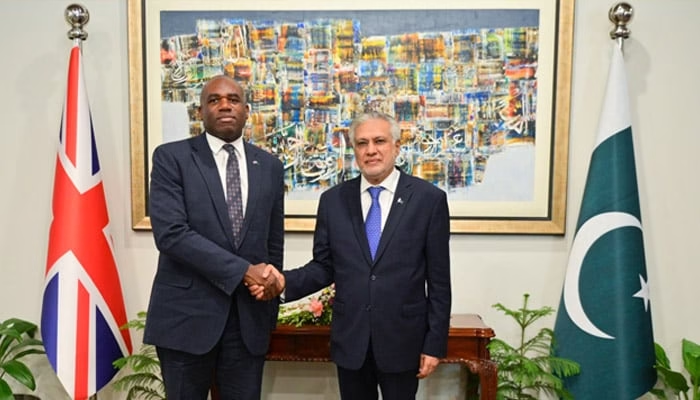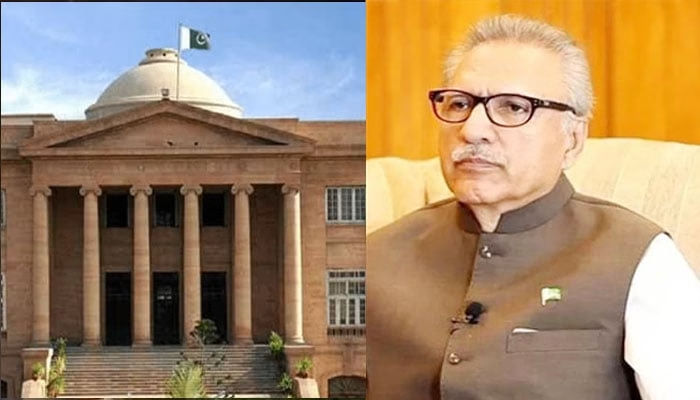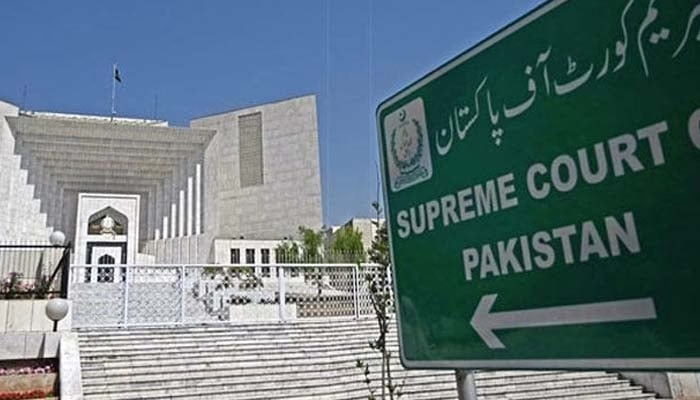In a significant diplomatic development, British Foreign Secretary David Lammy, currently on an official visit to Pakistan, has commented on the recent Pahalgam terrorist incident, stating that India has not provided any evidence supporting its allegations against Pakistan. His statement has added a new dimension to the ongoing tensions between the two South Asian neighbours.
Speaking at a press briefing, Lammy condemned the Pahalgam attack as a horrific act of terrorism and extended Britain’s sympathies to the victims and their families. However, he was quick to point out that no evidence has been shared with the United Kingdom to support India’s accusations linking Pakistan to the attack.
It is not expected that India would share its national security matters with us,Lammy noted, adding that the UK’s stance remains firm on condemning terrorism in all forms, regardless of geography or motive.
Lammy also emphasized that Pakistan itself has long suffered from terrorism, and stressed the need for joint international efforts to prevent the spread of extremism.
We must ensure that extremism does not flourish. Pakistan knows this pain all too well, and the global community must work together to eliminate such threats.
Diplomatic Dialogue on Regional Stability
David Lammy’s visit marks the first trip by a British Foreign Secretary to Pakistan in four years, and it comes at a crucial time when India-Pakistan tensions have again escalated in the aftermath of the Pahalgam incident.
During his visit, Lammy met with Pakistan’s Deputy Prime Minister and Foreign Minister, Ishaq Dar. The two leaders engaged in comprehensive discussions on regional security, bilateral ties, and global cooperation.
According to a statement by a Foreign Office spokesperson, Ishaq Dar welcomed David Lammy and highlighted the provocative actions taken by India, especially in the context of the fragile ceasefire in place since 2021. Dar informed the British envoy that such actions by India violate Pakistan’s sovereignty and the principles of the United Nations Charter.
Pakistan acted in self-defence under Article 51 of the UN Charter, Dar was quoted as saying, reaffirming Pakistan’s right to respond to threats within the legal framework of international law.
UK’s Role as a Diplomatic Mediator
Acknowledging the rising tensions, David Lammy reiterated Britain’s neutral but active interest in promoting peace in South Asia. He praised the leadership of both Pakistan and India for previously maintaining a ceasefire and stressed the importance of continuing efforts to avoid further escalation.
We are working with international partners to uphold the ceasefire and prevent future incidents, Lammy said, calling on both countries to engage in constructive dialogue.
Impact on the British South Asian Diaspora
David Lammy, himself of mixed heritage, underlined that tensions between India and Pakistan deeply affect diaspora communities in the UK.
The conflict doesn’t just affect people in South Asia. In Britain, we have significant Pakistani and Indian communities who feel the impact of every political and military flare-up, he said.
Highlighting the magnitude of concern, Lammy revealed that the Pakistan High Commission in the UK received over 2,000 calls from British Pakistanis following the Pahalgam incident. He acknowledged the emotional strain and political anxiety experienced by these communities.
Strengthening Bilateral Ties
Beyond the geopolitical discourse, the visit also focused on expanding Pak-UK cooperation in key areas such as trade, education, health, and cultural exchange. Both parties expressed satisfaction over the current state of bilateral relations and reaffirmed their commitment to mutually beneficial partnerships.
Ishaq Dar lauded the UK’s supportive role in Pakistan’s development, particularly in sectors such as education reform, healthcare, and social initiatives.
The UK’s contribution to our national development has been consistent and appreciated,Dar stated, noting that the British-Pakistani relationship remains strong and multidimensional.
As David Lammy concludes his visit, the message from Islamabad is clear: Pakistan seeks peace but will defend its sovereignty. Meanwhile, the UK appears poised to play the role of a diplomatic facilitator, balancing relations with both South Asian giants while championing regional stability.
With rising geopolitical complexity in the region, Lammy’s visit may serve as a pivotal moment in recalibrating diplomatic efforts and encouraging renewed dialogue between Pakistan and India—aiming not just to resolve the current impasse but to build a foundation for lasting peace.



